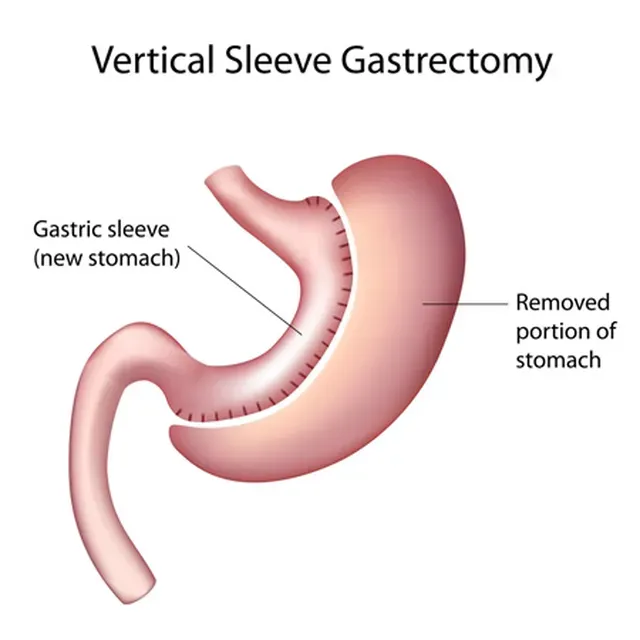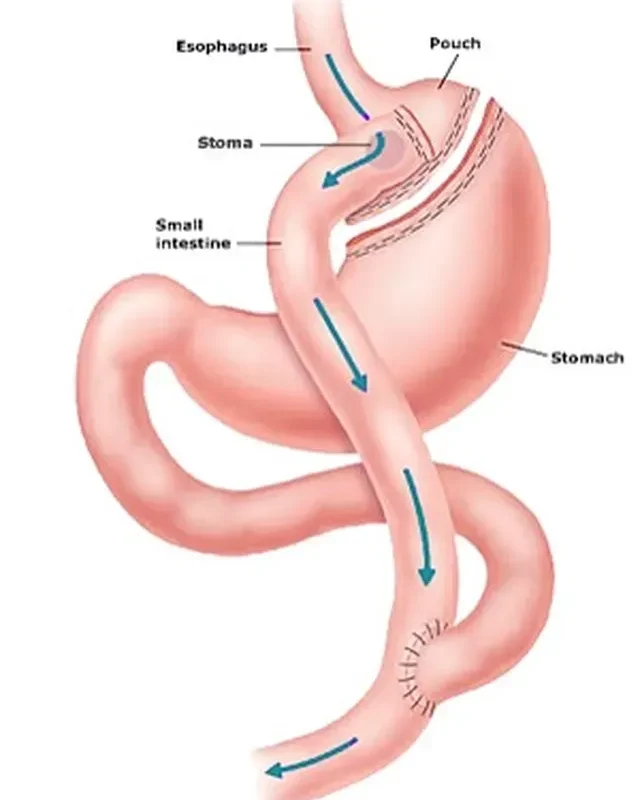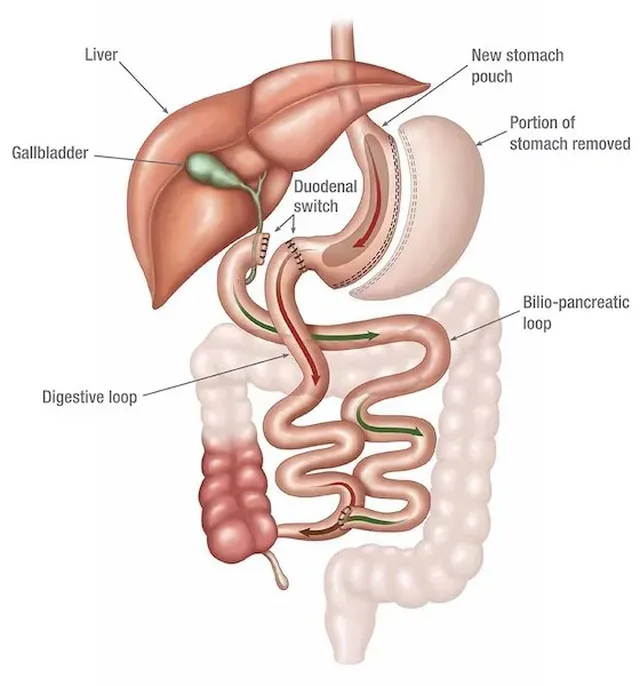The World Health Organization (WHO) and many medical and scientific societies recognize obesity as a chronic, progressive disease caused by genetic, biochemical, lifestyle, and environmental variables. At Waked MD, weight loss expert Tarek Waked, MD, FACS, FASMBS, supports your weight loss efforts with lifestyle recommendations, nutrition counseling, behavioral therapy, and life-changing bariatric procedures that reduce your weight, put diabetes into remission, and improve chronic conditions like heart disease and sleep apnea. If you struggle with obesity, call one of our offices in Georgetown or Middletown, Delaware, or book an appointment online today.
Obesity

Obesity services offered in
Georgetown, DE
What is Obesity?
Obesity is no longer considered a cosmetic issue that is caused by overeating and a lack of self-control. The World Health Organization (W.H.O.), along with National and International medical and scientific societies, now recognize obesity as a chronic progressive disease resulting from multiple environmental and genetic factors.
The disease of obesity is extremely costly not only in terms of economics, but also in terms of individual and societal health, longevity, and psychological well-being. Due to its progressive nature, obesity requires life-long treatment and control.
Why Weight Loss Surgery?
Bariatric surgery can be life-changing for those who want to lose weight. But did you know that there are so many more health benefits to it besides just taking that weight off? These include remission or improvement of diabetes, high blood pressure, sleep apnea, joint disease, heart disease, stroke, fatty liver disease, depression and anxiety.
Weight gain and obesity result from complex factors that fight you to keep your weight off despite multiple attempts at diet and exercise. Bariatric surgery can produce sustainable weight loss in people who have not achieved long-term success with other weight loss attempts. There are different bariatric surgeries available: Sleeve gastrectomy, gastric bypass and biliary-pancreatic diversion with duodenal switch (BPD-DS).
Why do I suffer from Weight gain or obesity?
Obesity is considered a multifactorial disease with a strong genetic component. Acting upon a genetic background is a number of hormonal, metabolic, psychological, cultural, and behavioral factors that promote fat accumulation and weight gain.
Positive Energy Balance
A positive energy balance causes weight gain and occurs when the amount of calories consumed (energy intake) exceeds the number of calories the body uses (energy expenditure) in the performance of basic biological functions, daily activities, and exercise. A positive energy balance may be caused by overeating or by not getting enough physical activity. However, there are other conditions that affect energy balance and fat accumulation that do not involve excessive eating or sedentary behavior. These include:
- Chronic sleep loss
- Consumption of foods that, independent of caloric content, cause metabolic/hormonal changes that may increase body fat. These include foods high in sugar or high fructose corn syrup, processed grains, fat, and processed meats
- Low intake of fat-fighting foods such as fruits, vegetables, legumes, nuts, seeds, quality protein
- Stress and psychological distress)
- Many types of medications
- Various pollutants
Weight Gain
Weight gain is yet another contributor to weight gain or, in other words, obesity ‘begets’ obesity, which is one of the reasons the disease is considered ‘progressive’. Weight gain causes a number of hormonal, metabolic, and molecular changes in the body that increase the risk for even greater fat accumulation. Such obesity-associated biological changes reduce the body’s ability to oxidize (burn) fat for energy, increase the conversion of glucose (carbohydrate) to fat, and increase the body’s capacity to store fat in fat storage depots (adipose tissue). This means that more of the calories consumed will be stored as fat. To make matters worse, obesity affects certain regulators of appetite and hunger in a manner that can lead to an increase in meal size and the frequency of eating. Weight gain, therefore, changes the biology of the body in a manner that favors further weight gain and obesity.
Health Consequences of Obesity or Weight Gain
People who suffer from obesity or overweight, compared to those with a healthy weight, are at increased risk for many serious diseases and health conditions, including the following:
- All-causes of death (mortality)
- High blood pressure (hypertension)
- High LDL cholesterol, low HDL cholesterol, or high levels of triglycerides (Dyslipidemia)
- Type 2 diabetes
- Coronary heart disease
- Stroke
- Gallbladder disease
- Osteoarthritis (a breakdown of cartilage and bone within a joint)
- Sleep apnea and breathing problems
- Many types of cancers
external icon - Low quality of life
- Mental illness such as clinical depression, anxiety, and other mental disorders
- Body pain and difficulty with physical functioning







